
Kanzigiri Natural Reserve: A Hidden Gem in Burundi
Kanzigiri Natural Reserve is a pristine natural haven located in the heart of Burundi. This reserve is a sanctuary for a wide range of wildlife and exotic flora, making it a paradise for nature lovers and wildlife enthusiasts. The lush greenery, tranquil rivers, and diverse ecosystems offer a serene escape from the hustle and bustle of everyday life. The reserve is home to several rare and endangered species, providing visitors with a unique opportunity to witness animals in their natural habitat. Bird watchers will be particularly delighted by the numerous bird species that inhabit the area, including some that are endemic to the region. The dense forests and open savannas create a picturesque landscape that is perfect for photography and nature walks. Beyond its natural beauty, Kanzigiri Natural Reserve also holds cultural significance. The local communities around the reserve have a rich heritage and offer a glimpse into traditional Burundian life. Visitors can engage with the locals, learn about their customs, and even partake in traditional dances and crafts. This cultural immersion adds a unique dimension to the visit, making it not just a nature trip but also a cultural exploration.
Local tips in Kanzigiri Natural Reserve
- Visit during the dry season from June to August for the best wildlife viewing opportunities.
- Hire a local guide to enhance your experience and gain deeper insights into the flora and fauna.
- Wear comfortable walking shoes and bring insect repellent to ensure a pleasant visit.
- Respect local customs and traditions when interacting with the communities around the reserve.
- Carry a good quality camera to capture the stunning landscapes and diverse wildlife.
When is the best time to go to Kanzigiri Natural Reserve?
Iconic landmarks you can’t miss
Gishora Drum Sanctuary
Discover the rhythmic heart of Burundi at Gishora Drum Sanctuary, a UNESCO World Heritage Site dedicated to preserving the art of drumming.
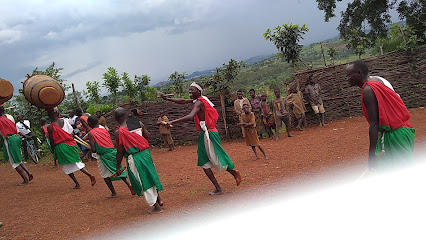
Lake Kanzigiri
Explore the tranquil beauty of Lake Kanzigiri, a hidden gem in Burundi, perfect for nature lovers and those seeking peaceful getaways.
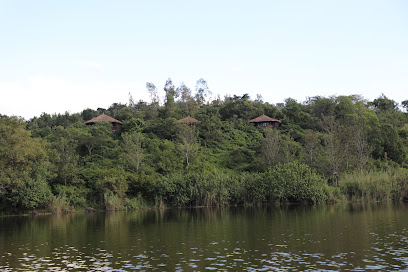
Kanzigiri
Explore the tranquil Kanzigiri River in Burundi – a serene escape perfect for nature lovers and outdoor adventurers alike.

Unmissable attractions to see
Bujumbura Zoo
Discover Burundi's wildlife and culture at the Bujumbura Zoo, a unique blend of nature and tradition in the heart of the city.
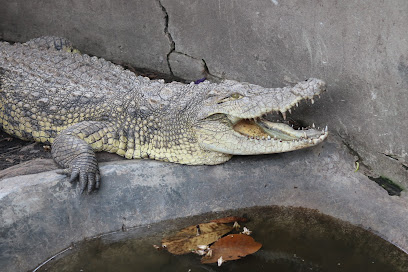
Saga plage beach
Discover the tranquil beauty of Saga Plage Beach in Bujumbura, a perfect blend of relaxation, adventure, and local culinary delights.
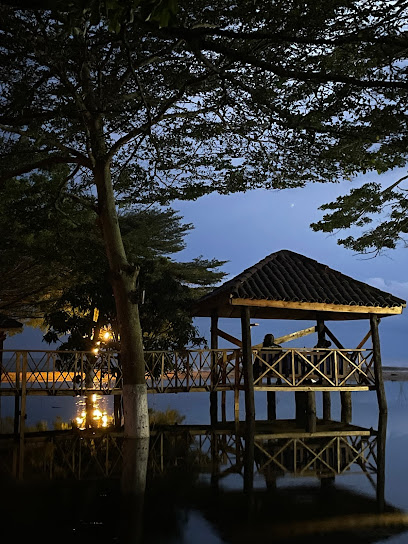
Lake Rwihinda
Discover Lake Rwihinda: A birdwatcher's paradise in Burundi, offering serene landscapes and diverse wildlife in a protected natural reserve.
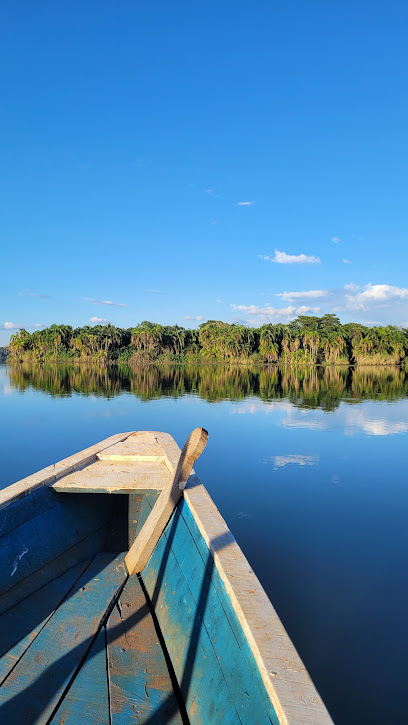
Lake Kanzigiri
Discover Lake Kanzigiri: A peaceful, biodiverse paradise in northern Burundi, offering authentic natural beauty and cultural experiences.
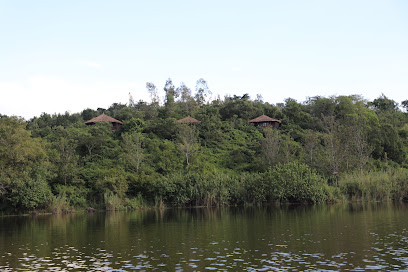
Essential places to dine
Le Café Gourmand
Discover the culinary delights at Le Café Gourmand in Bujumbura – where every bite is a celebration of local flavors.
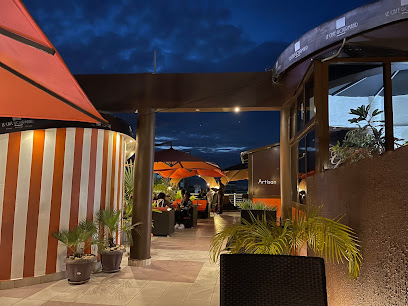
Hotel Club Du Lac Tanganyika
Experience luxury at Hotel Club Du Lac Tanganyika with stunning lake views, exquisite dining options, wellness facilities, and vibrant local culture.

Waka Waka
Experience authentic Italian cuisine at Waka Waka in Bujumbura—where every dish tells a story of tradition and flavor.
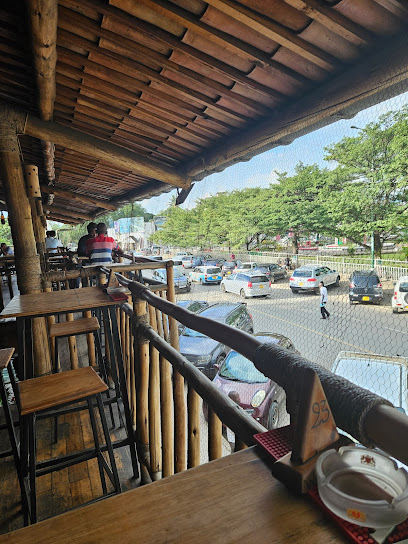
Zanzi
Discover Zanzi in Bujumbura - where local flavors meet international cuisine in an inviting atmosphere.
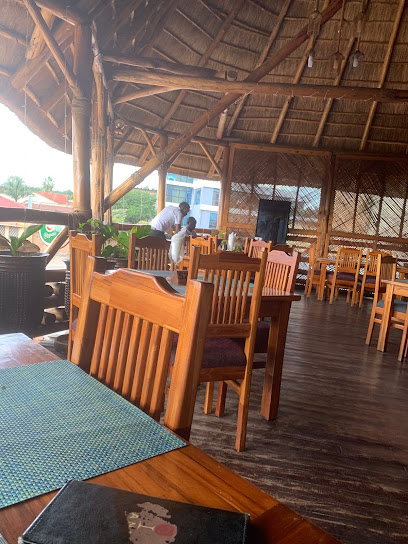
Vinothèque ZILLIKEN
Discover Vinothèque ZILLIKEN: Bujumbura's premier destination for exquisite wines and gourmet cuisine amidst charming ambiance.
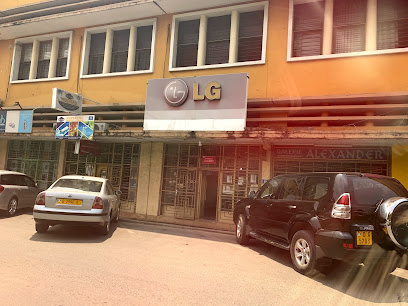
Harrys Grill House
Discover Bujumbura's vibrant culinary scene at Harry's Grill House - your go-to spot for mouthwatering barbecue delights.
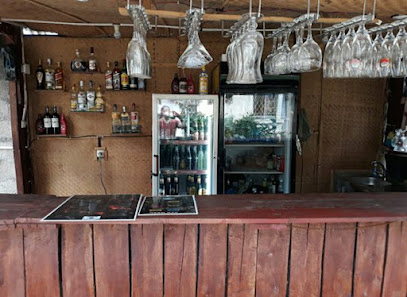
Pasta comedia
Experience authentic Italian flavors at Pasta Comedia in Bujumbura – where every dish tells a story.
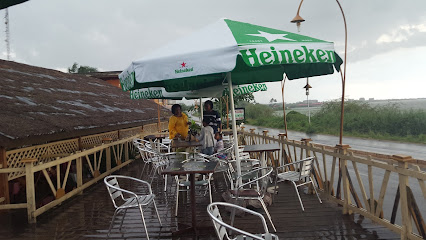
Belvedere Restaurant
Experience exquisite local flavors and breathtaking views at Belvedere Restaurant in Bujumbura, perfect for food lovers seeking an unforgettable dining adventure.
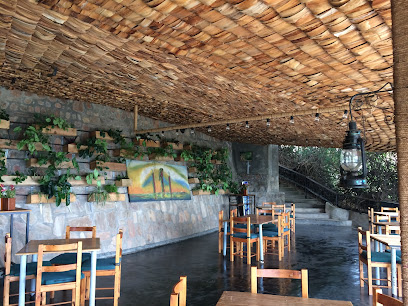
Restaurant Chez Orphée
Discover authentic Burundian cuisine at Restaurant Chez Orphée in Bujumbura - a culinary gem offering fresh flavors and warm hospitality.
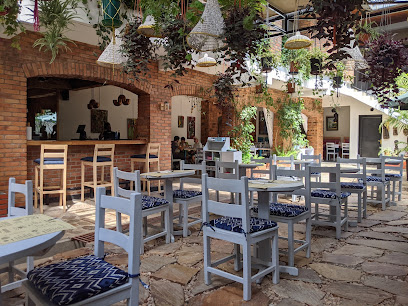
Hotel Dolce Vita Resort
Discover comfort and delicious cuisine at Hotel Dolce Vita Resort in Bujumbura – your perfect getaway destination.
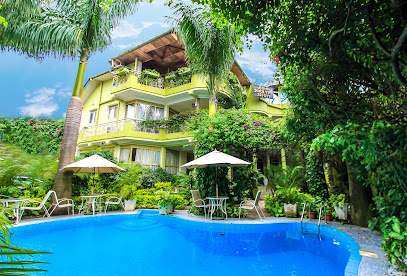
KEZAMIA Restaurant
Experience authentic Burundian cuisine at Kezamia Restaurant in Bujumbura - where nature meets culinary delight.
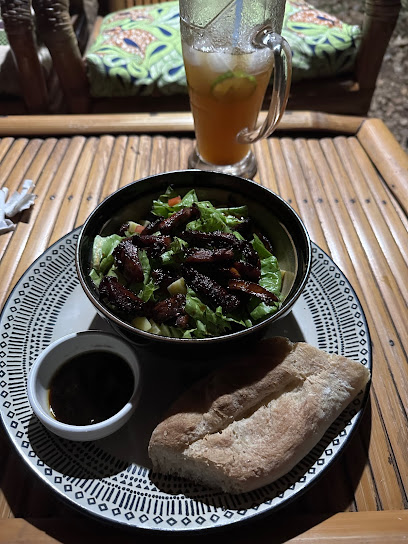
Eden Garden Resort
Discover Eden Garden Resort in Bujumbura: where exquisite cuisine meets tranquil surroundings for an unforgettable dining experience.
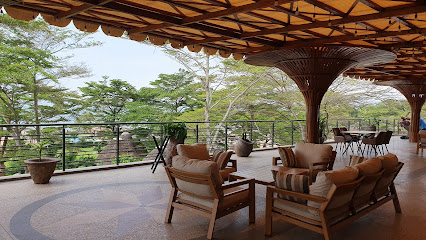
Restaurant Oasis
Experience the flavors of Burundi at Restaurant Oasis, where authentic cuisine meets warm hospitality in Bujumbura.
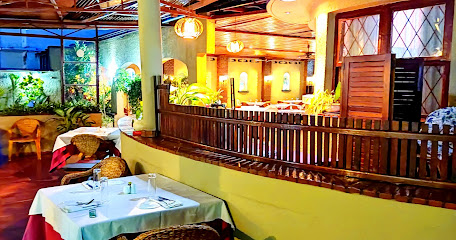
Restaurant Tanganyika
Discover the essence of Burundian cuisine at Restaurant Tanganyika by Lake Tanganyika—where every meal is a feast for the senses.
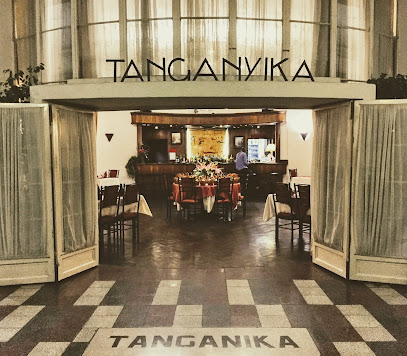
Kanowe
Discover the rich flavors of Burundi at Kanowe - where local cuisine meets international culinary artistry in a charming setting.
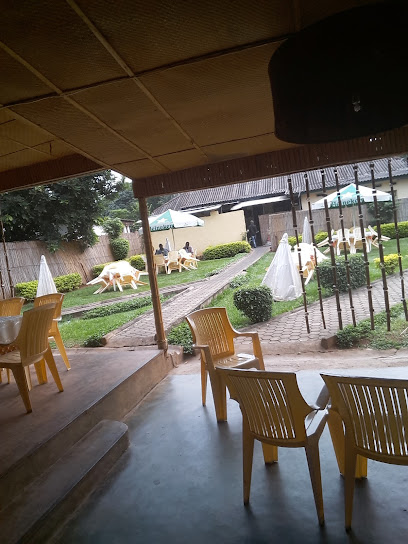
Markets, malls and hidden boutiques
Sunstone Beach
Explore the tranquil beauty of Sunstone Beach, a premier resort hotel in Burundi, where relaxation meets adventure by the stunning shores of Lake Tanganyika.
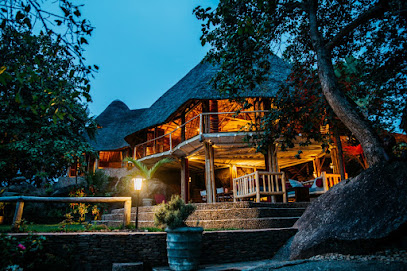
Livingston-Stanley Monument
Explore the Livingston-Stanley Monument, a historical tribute to the explorers' legacy in the heart of Burundi's stunning landscapes.
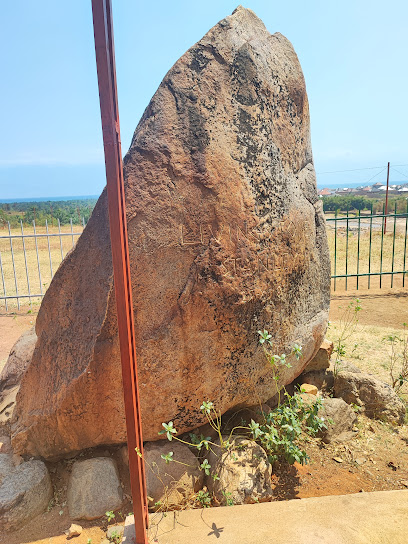
Gishora Drum Sanctuary
Discover the vibrant heritage of Burundi through rhythmic drumming at Gishora Drum Sanctuary, a cultural gem for every traveler.
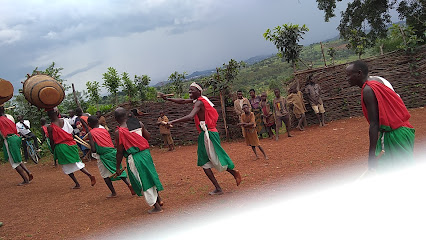
Kibira National Park
Explore Kibira National Park, Burundi's lush haven of biodiversity, where breathtaking landscapes and vibrant wildlife await every adventurer.
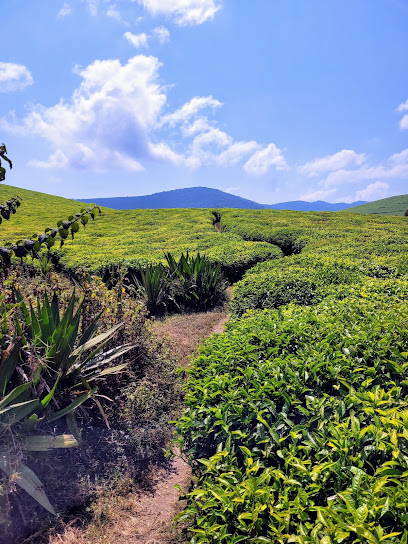
Boucherie Nouvelle
Discover Boucherie Nouvelle, Bujumbura's premier butcher shop deli, offering fresh meats and local delicacies that celebrate Burundian culinary traditions.
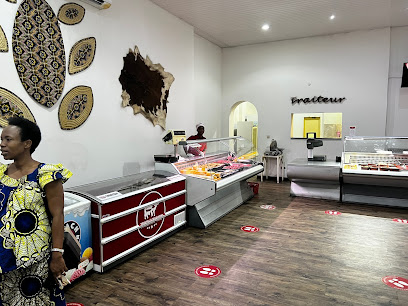
Rusizi National Park
Explore the captivating landscapes and rich biodiversity of Rusizi National Park, a gem of natural beauty in Burundi.
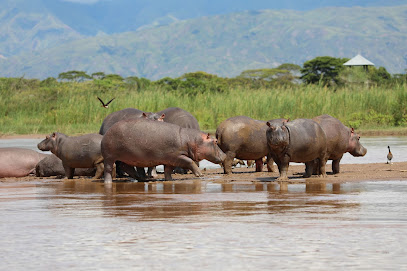
Lake Kanzigiri
Experience the tranquility and stunning beauty of Lake Kanzigiri, a hidden gem in Burundi perfect for nature lovers and outdoor enthusiasts.
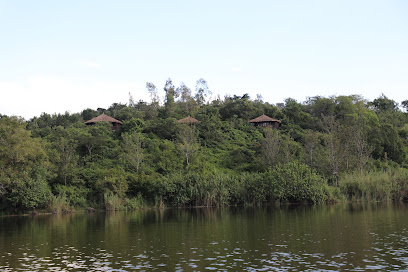
Kilakitu
Discover the vibrant shopping scene of Kilakitu in Bujumbura, where local culture meets international brands in a lively atmosphere.

Bujumbura store
Explore Bujumbura's premier cosmetics store, offering unique beauty products inspired by local culture and international trends.
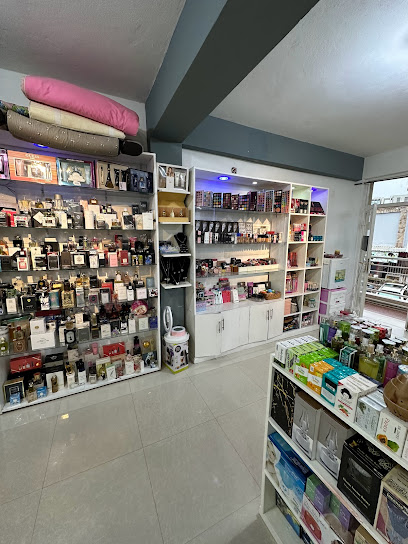
Kanzigiri
Experience the tranquil beauty of Kanzigiri River in Burundi, a perfect destination for nature lovers and adventure seekers alike.

Essential bars & hidden hideouts
Le Café Gourmand
Discover the delicious flavors of Bujumbura at Le Café Gourmand, where fresh pastries and a cozy atmosphere await every visitor.
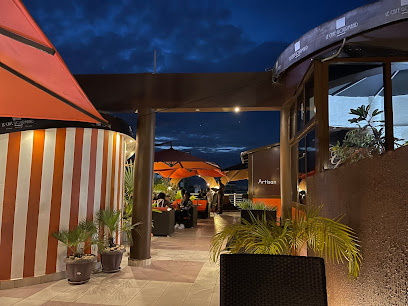
Hotel Club Du Lac Tanganyika
Experience the breathtaking beauty and luxury of Hotel Club Du Lac Tanganyika, a perfect sanctuary by Lake Tanganyika in Bujumbura.

Arena Restaurant Lounge Bar
Savor the best of Burundian and international cuisine at Arena Restaurant Lounge Bar, where every meal is a celebration of flavor and ambiance.
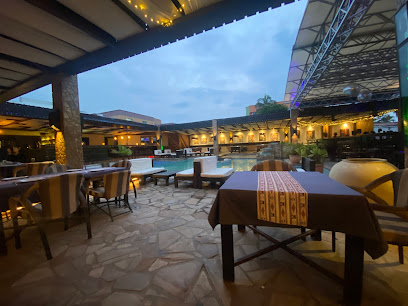
Zion Beach
Discover the vibrant tastes of Burundi at Zion Beach, where local cuisine meets stunning lakeside views in Bujumbura.
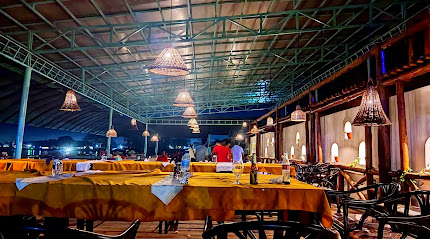
Vinothèque ZILLIKEN
Experience the best of Bujumbura's wine and cuisine at Vinothèque ZILLIKEN - where every sip and bite tells a story.
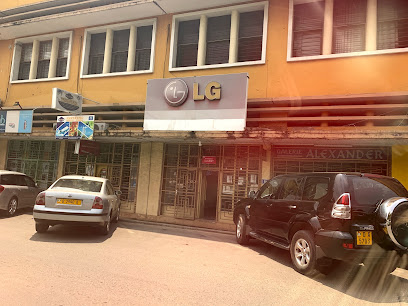
Harrys Grill House
Discover the flavors of Bujumbura at Harry's Grill House, where every bite of grilled goodness is a celebration of culinary excellence.
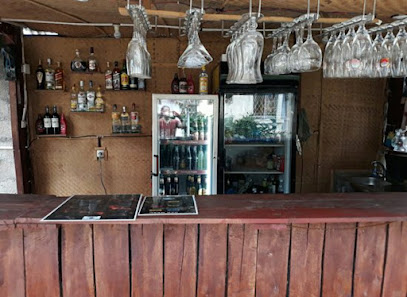
Eden Garden Resort
Discover the flavors of Bujumbura at Eden Garden Resort, where culinary excellence meets breathtaking natural beauty.
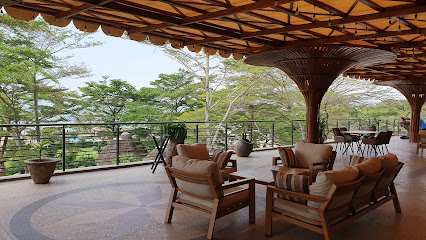
Restaurant Tanganyika
Discover the unique flavors of Burundi at Restaurant Tanganyika, where local cuisine meets stunning lake views in Bujumbura.
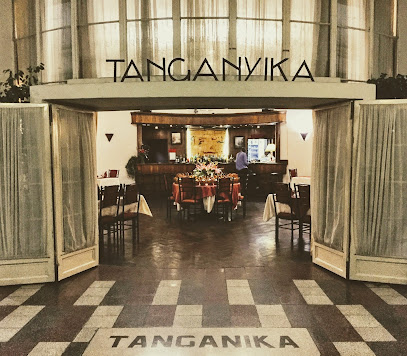
Kanowe
Experience the rich flavors of Burundi at Kanowe, a delightful restaurant in Bujumbura serving authentic cuisine in a cozy setting.
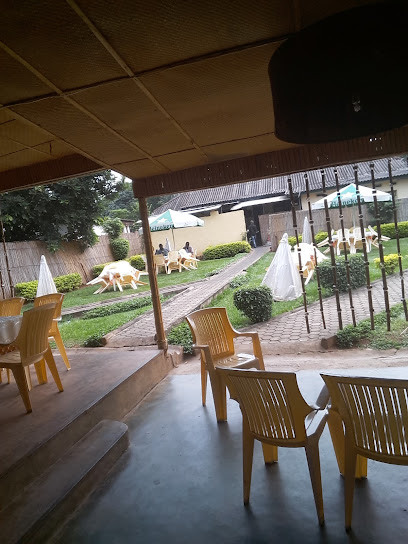
Ku Kigabiro Event
Discover the flavors of Bujumbura at Ku Kigabiro Event, a vibrant restaurant offering a delightful mix of local and international cuisine.
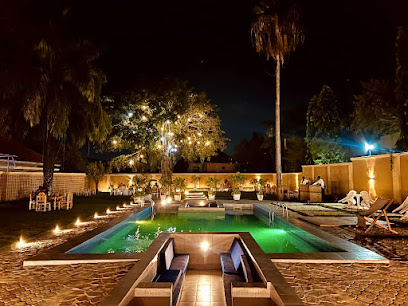
Kumutwenzi Bar
Experience the vibrant nightlife of Bujumbura at Kumutwenzi Bar, where refreshing drinks and friendly vibes await.
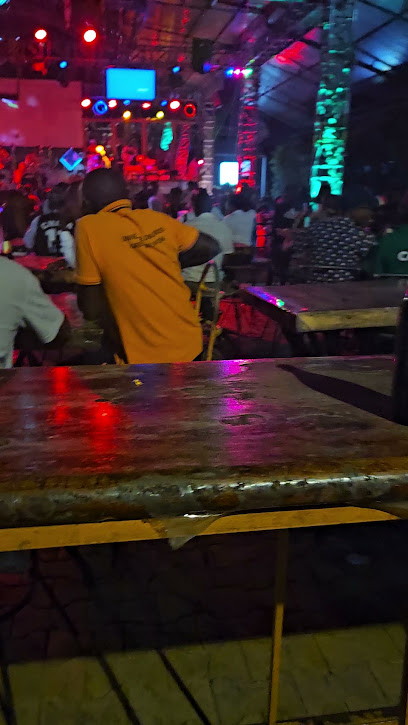
Nobel Kiriri
Discover the flavors of Bujumbura at Nobel Kiriri, where delicious grilled dishes meet a vibrant dining atmosphere.
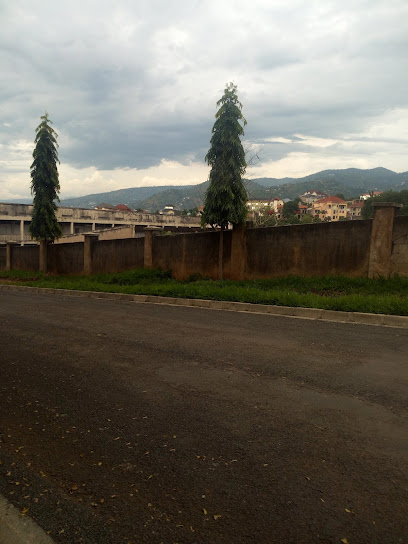
Le Comptoir Resto-Bar
Discover the vibrant atmosphere and exquisite cuisine at Le Comptoir Resto-Bar in Bujumbura, where every meal is a celebration of flavors.
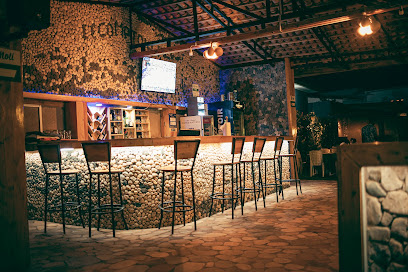
Le Baron
Discover the lively ambiance of Le Baron, a top bar in Bujumbura offering delightful drinks and a taste of local nightlife.
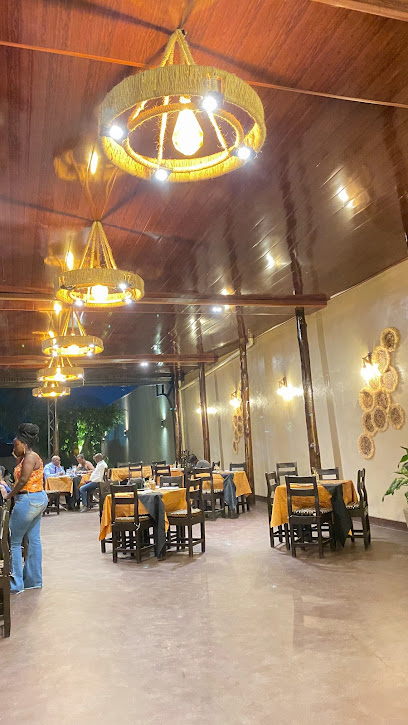
Local Phrases about Kanzigiri Natural Reserve
-
- HelloAmakuru
[ah-mah-koo-roo] - GoodbyeKubona
[koo-boh-nah] - YesEgo
[eh-goh] - NoOya
[oh-yah] - Please/You're welcomeNangwa
[nang-wah] - Thank youMurakoze
[moo-rah-koh-zay] - Excuse me/SorryIyego
[ee-yeh-goh] - How are you?Amakuru?
[ah-mah-koo-roo] - Fine. And you?Ni meza. Na wewe?
[nee meh-zah. nah weh-weh] - Do you speak English?Mwaba mukora icyongereza?
[mwah-bah moo-koh-rah ee-chohn-geh-reh-zah] - I don't understandNtakindi
[ntah-keen-dee]
- HelloAmakuru
-
- I'd like to see the menu, pleaseNifise ikimenyero, kubanja
[nee-fee-seh ee-kee-meh-nyeh-roh, koo-bahn-jah] - I don't eat meatSiya gahunga
[see-yah gah-hoon-gah] - Cheers!Mwaramutse!
[mwah-rah-moot-seh] - I would like to pay, pleaseNifise kugura, kubanja
[nee-fee-seh koo-goo-rah, koo-bahn-jah]
- I'd like to see the menu, pleaseNifise ikimenyero, kubanja
-
- Help!Ubusabe!
[oo-boo-sah-beh] - Go away!Genda wewe!
[gehn-dah weh-weh] - Call the Police!Simbira amashirahamwe!
[seem-bee-rah ah-mah-shee-rah-hah-mweh] - Call a doctor!Simbira umuroraji!
[seem-bee-rah oo-moo-roh-rah-zjee] - I'm lostNdi mudasanzwe
[ndee moo-dah-sahn-zweh] - I'm illNdi mubwira
[ndee moo-bwee-rah]
- Help!Ubusabe!
-
- I'd like to buy...Nifise gukora...
[nee-fee-seh goo-koh-rah] - I'm just lookingNkora ntahe
[n-koh-rah n-tah-heh] - How much is it?Ni iki cyane?
[nee ee-kee ch-yah-neh] - That's too expensiveIyo ni kare cyane
[ee-yoh nee kah-reh ch-yah-neh] - Can you lower the price?Wifise gukomeza amafaranga?
[wee-fee-seh goo-koh-meh-zah ah-mah-fah-rahn-gah]
- I'd like to buy...Nifise gukora...
-
- What time is it?Saa ngapi?
[sah-ah ngah-pee] - It's one o'clockNi saa imwe
[nee sah-ah eem-weh] - Half past (10)Saa imwe n'igice
[sah-ah eem-weh n-ee-gee-chay] - MorningGitondo
[gee-ton-doh] - AfternoonMugitondo
[moo-gee-ton-doh] - EveningKubaho
[koo-bah-hoh] - YesterdayEjo
[eh-joh] - TodayEse
[eh-seh] - TomorrowEjo hahoze
[eh-joh hah-hoh-zeh] - 1Rimwe
[ree-mweh] - 2Kabiri
[kah-bee-ree] - 3Gatatu
[gah-tah-too] - 4Kane
[kah-neh] - 5Gatanu
[gah-tah-noo] - 6Gatandatu
[gah-tahn-dah-too] - 7Kumwe
[koo-mweh] - 8Nyanya
[nyah-nyah] - 9Kenda
[ken-dah] - 10Icyenda
[ee-chyen-dah]
- What time is it?Saa ngapi?
-
- Where's a/the...?Iyo iki...?
[ee-yoh ee-kee] - What's the address?Iki aho?
[ee-kee ah-hoh] - Can you show me (on the map)?Wifise kungeraho (ku mutwe)?
[wee-fee-seh koo-ngeh-eh-rah-hoh (koo moo-tweh)] - When's the next (bus)?Ni iki kigice (bus)?
[nee ee-kee kee-gee-chay (boos)] - A ticket (to ....)Icyifuzo (kuri ....)
[ee-chee-foo-zoh (koo-ree)]
- Where's a/the...?Iyo iki...?
History of Kanzigiri Natural Reserve
-
Kanzigiri Natural Reserve, nestled in the heart of Burundi, was established in the early 20th century as a protected area to conserve its unique flora and fauna. The reserve's creation was driven by local conservationists who recognized the need to protect the region's rich biodiversity from increasing human encroachment and agricultural expansion.
-
During the colonial period, Burundi was under German and later Belgian control. The colonial administrations implemented various conservation policies, some of which impacted Kanzigiri. Efforts were made to map and document the reserve's diverse ecosystems, though the primary focus was often on exploiting natural resources.
-
After gaining independence in 1962, Burundi placed a renewed emphasis on preserving its natural heritage. The government established several environmental initiatives aimed at protecting Kanzigiri Natural Reserve. These efforts included stricter regulations against poaching and deforestation and promoting eco-tourism to generate revenue for conservation projects.
-
Kanzigiri Natural Reserve holds deep cultural significance for the indigenous communities living in and around the area. The reserve is considered sacred land, and many local traditions and rituals are tied to its landscapes. Indigenous knowledge and practices have played a crucial role in the sustainable management of the reserve's resources.
-
Kanzigiri Natural Reserve has been a focal point for wildlife conservation and research. Numerous studies have been conducted to understand the behavior and ecology of the reserve's inhabitants, including endangered species such as the Burundian colobus monkey and various avian species. These research efforts have been instrumental in shaping conservation strategies within the reserve.
-
In recent years, Kanzigiri Natural Reserve has become a popular destination for eco-tourists and nature enthusiasts. The reserve's management has worked closely with local communities to develop sustainable tourism practices that benefit both the environment and the residents. Community engagement initiatives have included training programs, educational workshops, and the establishment of community-run eco-lodges.
Kanzigiri Natural Reserve Essentials
-
Kanzigiri Natural Reserve is located in the southern part of Burundi. The nearest major city is Bujumbura, which is the capital of Burundi. Travelers can fly into Bujumbura International Airport (BJM) from various international destinations. From Bujumbura, the reserve is about a 3-4 hour drive. You can hire a taxi or rent a car. For those preferring public transport, minibuses and buses travel from Bujumbura to nearby towns such as Rumonge, from where local transport can be arranged to reach Kanzigiri.
-
Within Kanzigiri Natural Reserve, transportation is limited to walking and guided tours. For those staying in nearby towns, taxis and local minibuses (matatus) are the most common forms of transport. Renting a car from Bujumbura offers greater flexibility for exploring the reserve and surrounding areas. Keep in mind that road conditions can vary, so a 4x4 vehicle is recommended for more rugged terrain.
-
The official currency in Burundi is the Burundian Franc (BIF). While larger hotels and some restaurants in Bujumbura accept credit cards, cash is essential for transactions within and around Kanzigiri Natural Reserve. ATMs are available in Bujumbura, but it is advisable to carry sufficient cash when traveling to more remote areas, as ATMs may be scarce.
-
Kanzigiri Natural Reserve is generally safe for tourists, but it is important to exercise standard precautions. Avoid displaying valuables and be cautious when walking alone, especially at night. Petty crime such as pickpocketing can occur in crowded areas. Stick to known paths and stay with your group during guided tours. Always be aware of your surroundings and follow the advice of local guides.
-
In case of an emergency, dial 112 for immediate assistance. For medical emergencies, the nearest major hospital is in Bujumbura. It is highly recommended to have travel insurance that covers medical emergencies and evacuation. Local clinics and pharmacies can handle minor health issues. Ensure you have all necessary vaccinations before traveling, and carry a basic first aid kit.
-
Fashion: Do dress modestly, especially when visiting local communities. Avoid wearing revealing clothing. Religion: Do respect local customs and traditions. When visiting religious sites, dress conservatively and remove your shoes if required. Public Transport: Do be patient with local transport schedules. Don’t expect punctuality, as delays are common. Greetings: Do greet people politely. A handshake is common, and a slight bow of the head shows respect. Eating & Drinking: Do try local dishes and accept food offerings graciously. Don’t refuse hospitality, as it is considered impolite.
-
To experience Kanzigiri like a local, engage with the local guides who can offer insights into the flora and fauna of the reserve. Visit local markets in nearby towns to purchase traditional crafts and fresh produce. Participate in community-led activities and cultural demonstrations to gain a deeper understanding of local life. Don't miss the opportunity to take a guided night safari to witness nocturnal wildlife.
Nearby Cities to Kanzigiri Natural Reserve
-
Things To Do in Rumonge
-
Things To Do in Gitega
-
Things To Do in Bujumbura
-
Things To Do in Muramvya
-
Things To Do in Kigoma
-
Things To Do in Kayanza
-
Things To Do in Ngozi
-
Things To Do in Cibitoke
-
Things To Do in Muyinga
-
Things To Do in Butare
-
Things To Do in Kirundo
-
Things To Do in Karongi
-
Things To Do in Nyamata
-
Things To Do in Muhanga
-
Things To Do in Kibuye



